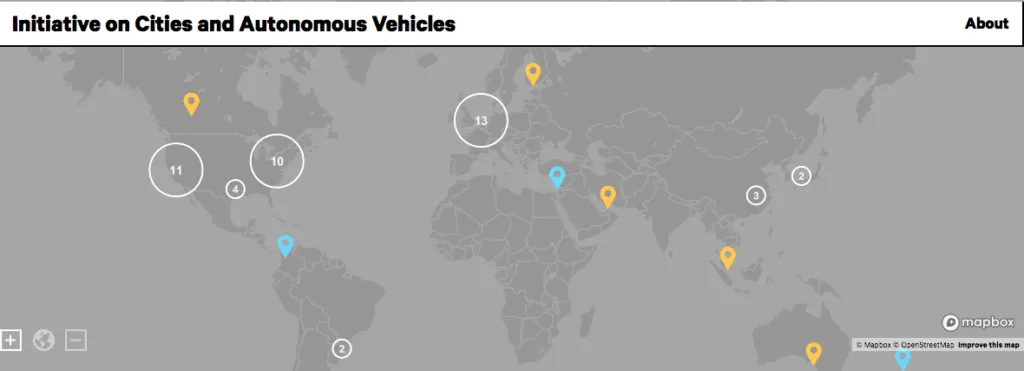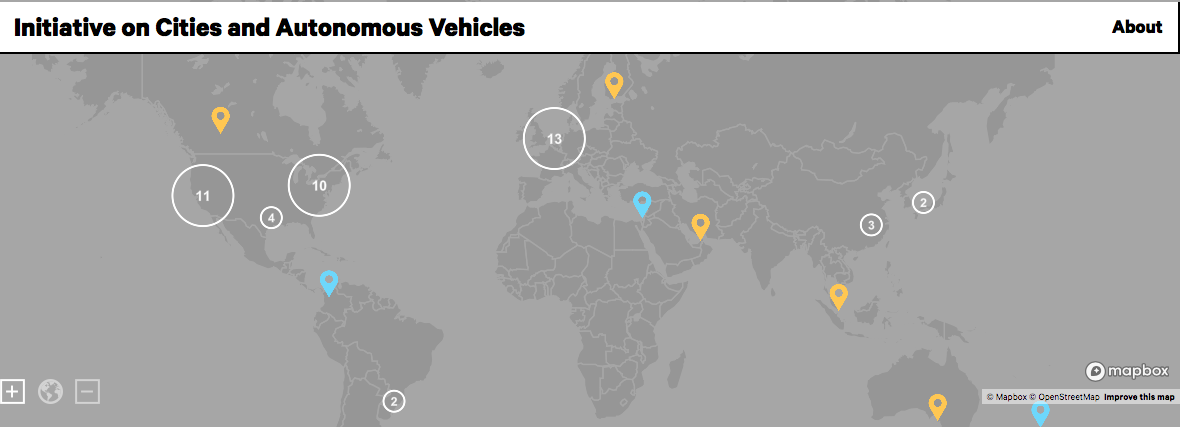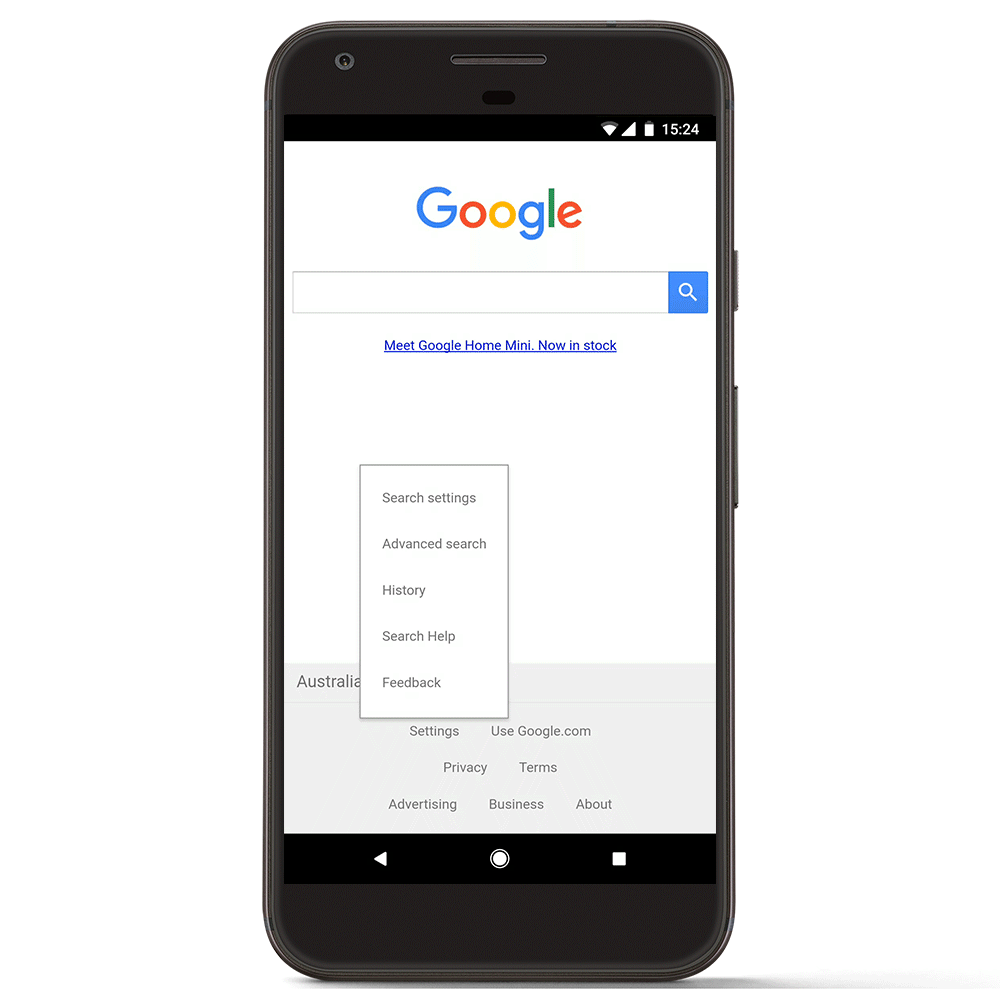Autonomous vehicles haven’t been around for long but it certainly feels like they are already taking over our streets. But in reality, only 35 cities across the world are playing host to autonomous vehicles with their pilot projects – 35 cities!
Is your city getting ready for autonomous vehicles?
The “Initiative on Cities and Autonomous Vehicles“, a joint effort between Bloomberg Philanthropies and the Aspen Institute is an interesting and detailed snapshot of autonomous vehicle testing across the world. The Atlas is the first of its kind inventory of how cities across the world are preparing for the autonomous vehicle era.
From the map, it’s obvious that there is little testing being carried out in Asia and currently, no testing in Africa – showing how much work is left before autonomous vehicles are truly global. It’s not going to be easy to only test your car in the sunny landscapes of California and expect it to work in the crowded cities of the east. Autonomous vehicles have to learn to co-exist with human drivers for the foreseeable future before they take over our cities.
On a side note, wonder how detailed OpenStreetMap data is, in these 35 cities where AV testing pilot projects are currently underway.
Autonomous driving might still be in the early stages but given how much investment is flowing into the industry, it will not be long before more cities are taking it seriously and add their own pilot projects to test them. In the meantime, the Atlas is one of the best resources to learn more about AV testing across the world.










 “This update will help ensure that you get the most relevant results based on your location and is consistent with how Google already manages our services across a number of our other platforms, including YouTube, Blogger, Google Earth and Gmail, among others,” the company has explained in a
“This update will help ensure that you get the most relevant results based on your location and is consistent with how Google already manages our services across a number of our other platforms, including YouTube, Blogger, Google Earth and Gmail, among others,” the company has explained in a